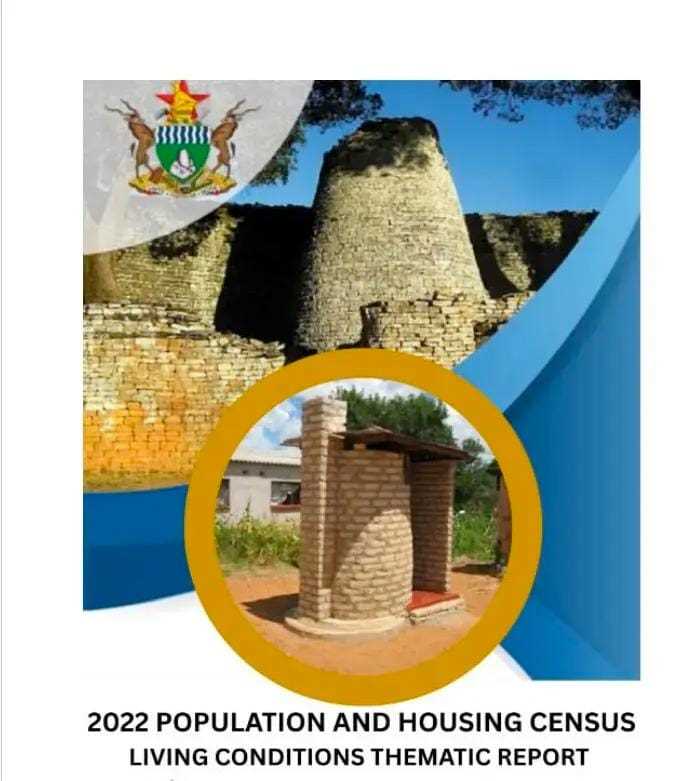
Audrey Galawu
On Friday, the world will be celebrating Zero Discrimination Day, established ten years ago by UNAids to protect the rights of everyone and build healthier societies.
Zimbabwe is one of the few countries in sub-Saharan Africa, which has reached and surpassed the 95–95–95 targets.
The country has reached 95 percent for the number of HIV-positive people knowing their status, 98 percent of HIV-positive people on ART and has reached the target of 95 percent of people taking ARVs virally suppressed.
The number of new HIV infections has also decreased by 78% from 78 000 in 2010 to 17 000 in 2022.
UNAids Country Director, Zimbabwe, Jane Kalweo said these results have been achieved through government’s commitment to follow the evidence in the implementation of a combination of behavioural, biomedical, and structural prevention interventions targeted at diverse groups based on their needs as prioritised in national strategic plans.
She, however, noted that although there has been remarkable progress in the country towards reaching the global targets, inequalities continue to pose barriers to accessing lifesaving services for marginalised groups such as Key Populations, Adolescent Girls, and Young Women and People Living with HIV.
“The 2022 People Living with HIV Stigma Index 2.0 for Zimbabwe indicated an increase in stigma and discrimination against PLHIV from 65% in 2014 to 69.7% in 2022.The country, through its Zimbabwe National HIV/Aids Strategic Plan 2021-2025 has identified addressing stigma and discrimination by strengthening community-led reporting mechanisms and developing comprehensive programmes to reduce stigma and discrimination, as a critical enablers towards attaining the goal of eliminating Aids as a public health threat by 2030.
“When marginalised communities are criminalised or stigmatised, their vulnerability to HIV infection increases, and their access to HIV prevention, treatment, care, and support services is obstructed.
Related Stories
“Laws which criminalise HIV transmission have proven to be ineffective, discriminatory and undermine efforts to reduce new HIV infections UNAids is advocating for legal reform aimed at decriminalisation in areas such as: HIV exposure, non-disclosure, and transmission; key populations’ sexual relations; and drug possession and use. This ensures access to services and is a crucial step in ending Aids as a global public health threat,” she said.
Kalweo revealed that every week in 2022, 4000 adolescent girls and young women aged 15-24 became infected with HIV globally, in large part because their rights are not respected.
She emphasised the need to educate and empower young girls and women to reduce their vulnerability to HIV.
“In Zimbabwe, HIV incidence among adolescent girls and young women is more than three times higher than among their male counterparts. The HIV incidence among young women who are 15 -24 years was 0.25 which is 3.6 times higher than their male counterparts 0.07, in Zimbabwe deeply entrenched gender inequalities and discrimination, often combined with significant levels of poverty, increase their risk of HIV infection, among Adolescent Girls and Young Women.
“It is vital to advance safe societies so that young women can protect their health and wellbeing.
She commended the Parliament of Zimbabwe for repealing section 79 of the Criminal Law Code, which criminalised HIV transmission, citing that countries that are beating the Aids epidemic are doing so by repealing laws and policies that discriminate against PLHIV.
“Progress towards eliminating Aids as a public health threat has been strengthened by ensuring that legal and policy frameworks do not undermine human rights, but instead enable and protect them.
“Public health is undermined when laws, policies, practices, or norms enshrine punishment, discrimination, or stigma for people because they are women, migrants, key populations, (includes sex workers, and people who use drugs.
“Discrimination obstructs HIV prevention, testing, treatment, and care, and holds back progress towards the end of Aids,” Kalweo noted.


















Leave Comments